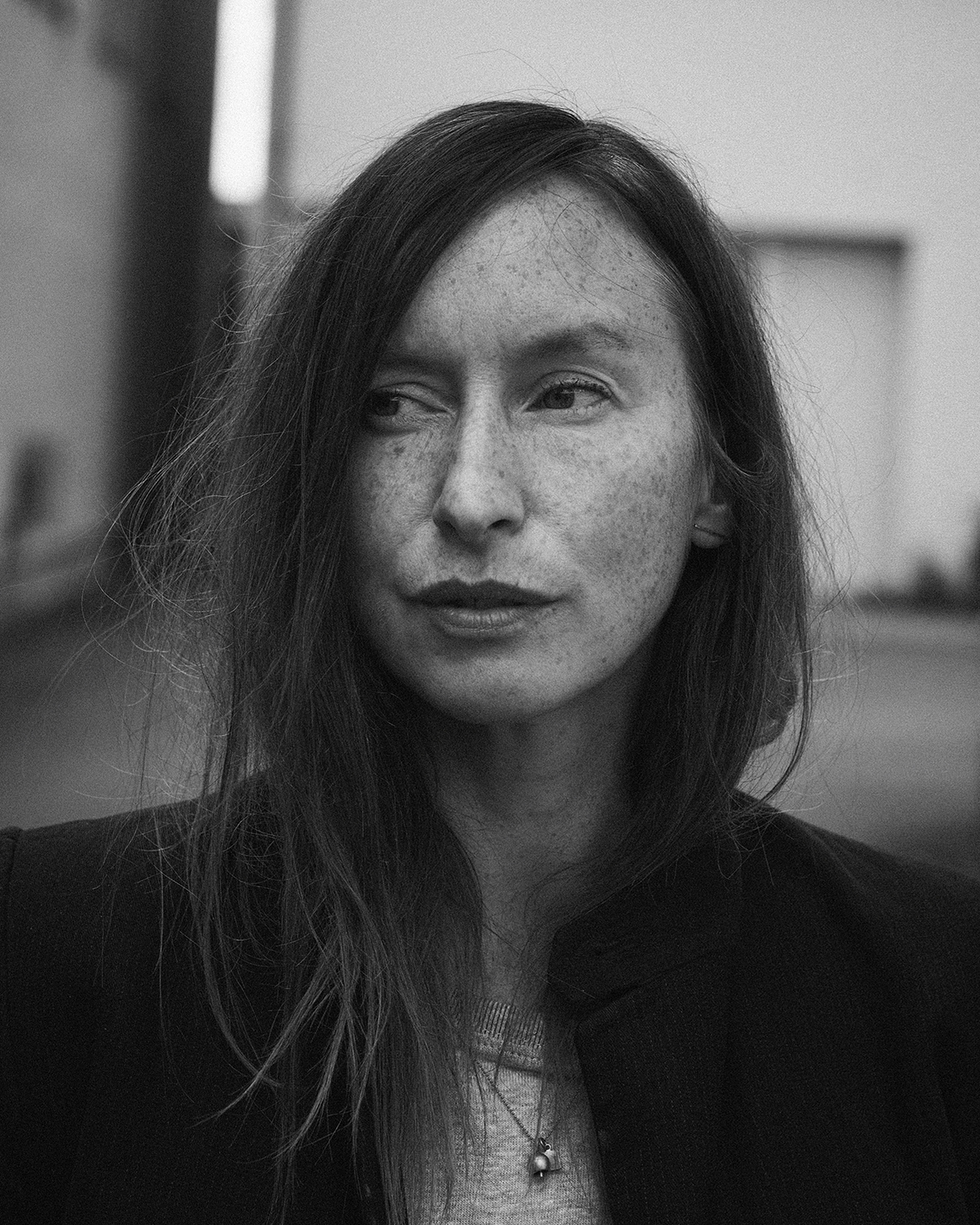In practical terms, the grant I received allowed me to devote time to finishing the manuscript of the work I submitted to the award, Break.up, which, like most books in innovative genres, was written without the benefit of a publisher’s advance. As creative non-fiction is still a developing genre in term of commercial recognition as well as form (one factor that strongly attracts me to it), I found publication for the manuscript with two independent imprints, Semiotext(e) in the US, and Tuskar Rock in the UK, both internationally respected for the innovative quality of their books, but neither able to offer the same level of advance as more mainstream publishers, making the Arts Foundation grant even more significant as the largest proportion of the financial support I have received while writing the work. I’m very happy to say that Break.up will be published in the UK and the US during 2018.
The financial support I received is only one aspect of the benefits the award has brought me. I feel that not only has the Fellowship significantly advanced my own career, but it has given a greater degree of recognition to creative non-fiction as a genre: the Art’s Foundation’s support of work in this area has contributed to creating a space that allows writers interested in the form to experiment within it. Since winning the award I have been invited to teach workshops on creative nonfiction at the Irish Writers’ Centre in Dublin, the Cuirt Festival in Galway, for Kildare Libraries, Maynooth University, and for Kent University in Paris. Wherever I have taught, I have found students of all ages and backgrounds—from university undergraduates (predominately in their late teens and early twenties) to members of elective amateur writing groups (predominately over 50, often with little previous writing or publishing experience)—hungry for structures they can use to make narratives from personal events in a flexible genre that is neither fiction nor biography/autobiography. I have found that what these students most often needed was permission to write about themselves, as well as techniques for approaching their subjects in order that their writing, though based in their own experience, might go beyond the personal in terms of style as it is related to content. An approach based in the techniques of fiction and poetry can facilitate ways of telling that are not conventionally autobiographical, diaristic or confessional, allowing the contextualisation of personal experience with wider issues. I believe strongly in the potential of this process to diversify the kinds of stories that can be told between the covers of books.
The Arts Foundation Fellowship has both cemented my dedication to writing in this developing genre, and also provides and incredibly useful reference point for institutions that might be looking to use my work. I am currently applying for the first post in creative non-fiction to be created at the University of Manchester, which includes the opportunity to write a new MA course. The Arts Foundation Fellowship is a significant point on my cv.
After winning the award I was invited to commission a book of essays for gorse journal. Determined to further explore the genre in terms of my editorial work, I have commissioned writers to discuss the influence of another writer or literary (or non-literary) form in highly personal terms, with the intent of breaking down some of the strictures inherent in the traditional essay. Instead of essayists, I have sought out writers of fiction and poetry, inviting them to apply the techniques of their respective crafts to non-fiction, often for the first time. This book will also be published in 2018.
Lastly my fellowship has enabled me to be part of 2018’s Arts Foundation Fellowship’s nomination process, and it gave me great satisfaction to see my nominee, Eley Williams, reach the shortlist. I am delighted to feel part of a community of fascinating artists from many disciplines, some of whom I met at the 2018 awards event.
I am and will remain enormously grateful for the support and direction that the fellowship has given to my work, the benefits of which are already extending far beyond the year of the award.
Joanna Walsh, March 2018
